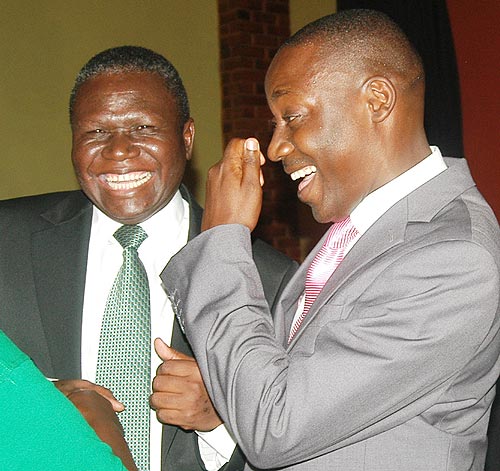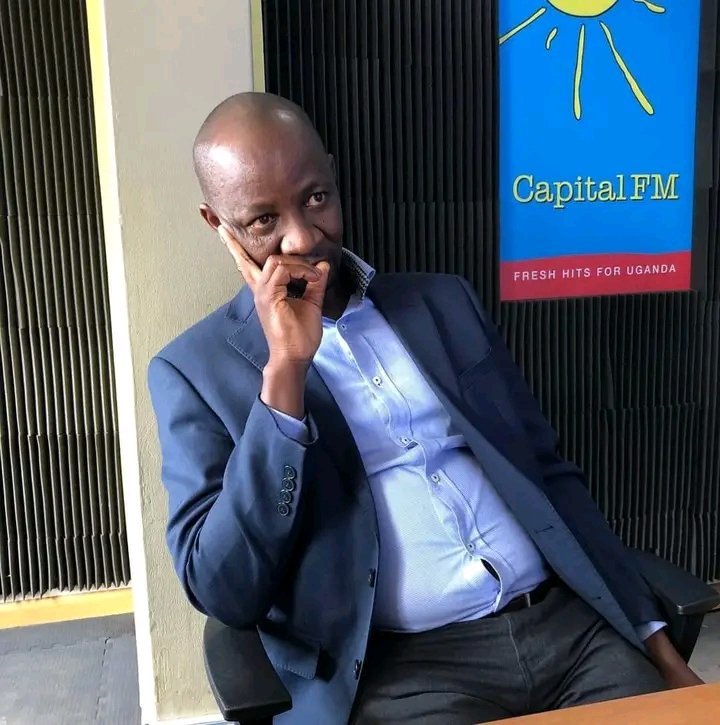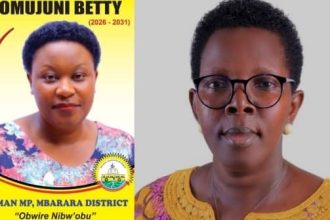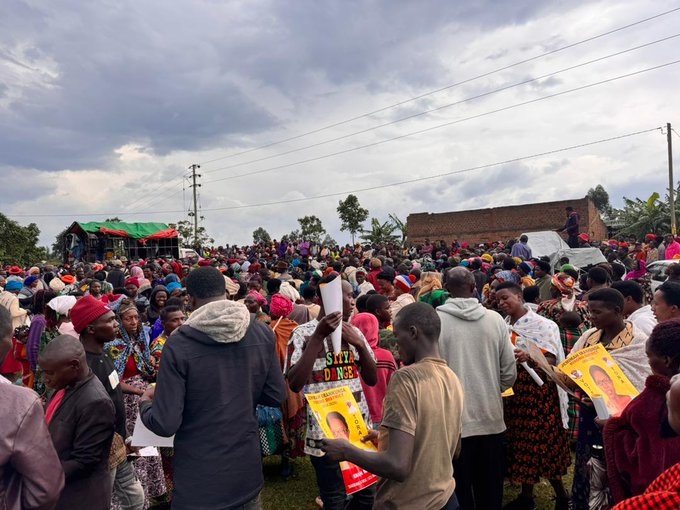(Kampala) – An alliance of four opposition parties has proposed a three-year transition period before the next general elections in Uganda to promote peaceful political change.
The coalition, known as the “Holy Alliance,” includes the Justice Forum (JEEMA), the National Economic Empowerment Dialogue (NEED), the Democratic Party (DP) Bloc, and the Conservative Party (CP). This proposal aims to create a new path for Uganda’s political landscape. In a recent booklet launched by the coalition, the group states, “By definition, a political transition is an interval between two regimes, and thus the Holy Alliance is proposing a transition period of three years before the next general election is conducted.”
Michael Mabikke, a prominent member of the DP Bloc and former Member of Parliament for Makindye East, endorsed the proposal, stating that this period would help eliminate electoral violence. He emphasized the need for a peaceful transition, saying, “We insist on a new transition mode. We want to change government without shedding blood.” Mabikke and his colleagues expressed their belief that the current electoral system is flawed and cannot yield a legitimate government.
The coalition extended an invitation to President Yoweri Museveni to join the proposed committee for the transition. Mabikke said, “We don’t mind Museveni being part of the committee. Even if he wants extra time of an extra year or two, we shall grant him his request.” These remarks were made during the launch of the National Transition, Reform and Reconciliation Agenda at the DP Bloc headquarters in Namirembe, Kampala. This agenda is intended to guide Uganda towards a new future without ethnic tensions and potential violence, as seen in Rwanda during the 1990s.
The 16-page plan has already been widely distributed, reaching mobilizers across several districts, including Gulu, Kampala, Iganga, Lira, Mukono, and Kamuli. The audience at the political convention included youth, women, and men, all showing their support for the agenda. Counsel Grace Nakanwagi, who contributed to the document, urged women to leverage their numbers to further the cause, recalling how women were disproportionately affected during the Rwandan genocide.
The Conservative Party was represented at the launch by its vice-chairperson Abbey Muwesi and treasurer Fredrick Mutengesa. They called for unity among Ugandans within the Holy Alliance. Muwesi commended the support from DP Bloc members and highlighted the need for a collaborative effort to achieve political goals. Many mobilizers attending the event wore branded fabrics featuring the former Leader of Opposition, Mathias Mpuuga, as their preferred presidential candidate.
According to the plan, the proposal aims to ensure an orderly and peaceful transfer of power from the current National Resistance Movement (NRM) regime to a new government, a process that has been elusive for Uganda since independence. DP Bloc member Samuel Lubega Mukaaku called for reconciliation among all political entities, urging that it should occur without preconditions.
The National Transition and Reconciliation Agenda (NTRA) sets several objectives, including the commitment to non-violent, free, fair, credible, and verifiable elections. The coalition believes these measures will facilitate a smooth transition of power without bloodshed. Among the key objectives is the intention to remove military involvement from politics, elections, and civil service.
Notably, some key figures in opposition politics were absent from the event, including National Unity Platform (NUP) president Robert Kyagulanyi and Democratic Party president Nobert Mao. Others, such as NEED’s Joseph Kabuleta and Mathias Mpuuga, were also missing, which raised questions about the full endorsement of the agenda.
The proposed electoral reforms within the agenda include the adoption of a biometric voting system, a review of the Electoral Commission’s appointment process, and changes to the swearing-in process for the president. Additionally, the coalition called for the demilitarization of elections and an end to the commercialization of politics, along with a review of how presidential election results are announced.
| Key Details of the Proposal | Description |
|---|---|
| Transition Period | 3 years before the next general election |
| Political Alliance | Holy Alliance (JEEMA, NEED, DP Bloc, CP) |
| Objectives | Non-violent, credible elections |
| Absentees from Launch | Robert Kyagulanyi, Nobert Mao, Joseph Kabuleta |
| Proposed Reforms | Biometric voting, Electoral Commission review, Demilitarization of elections |




















